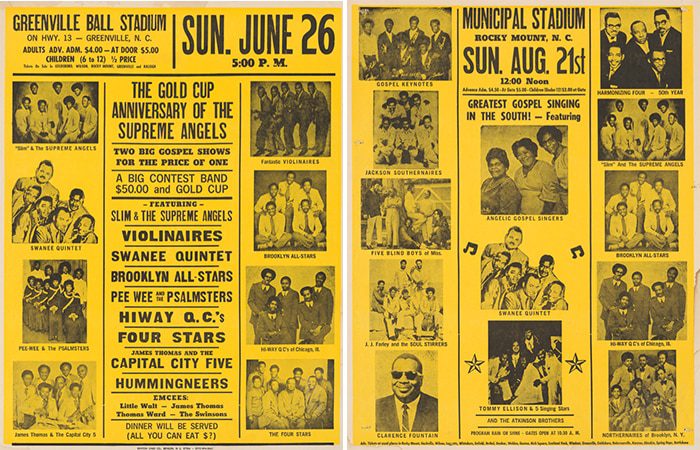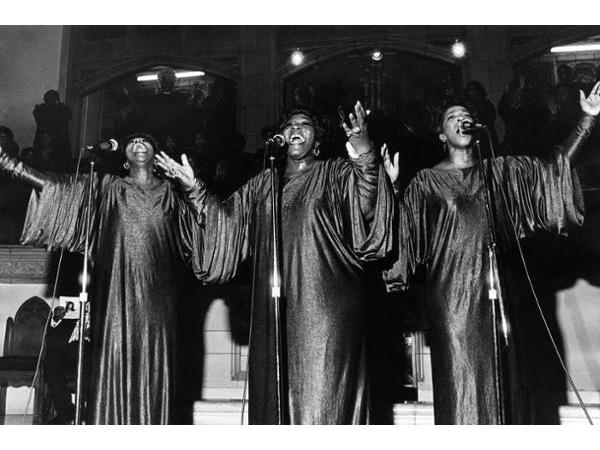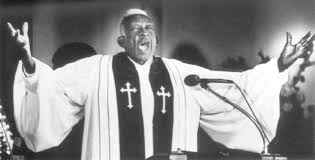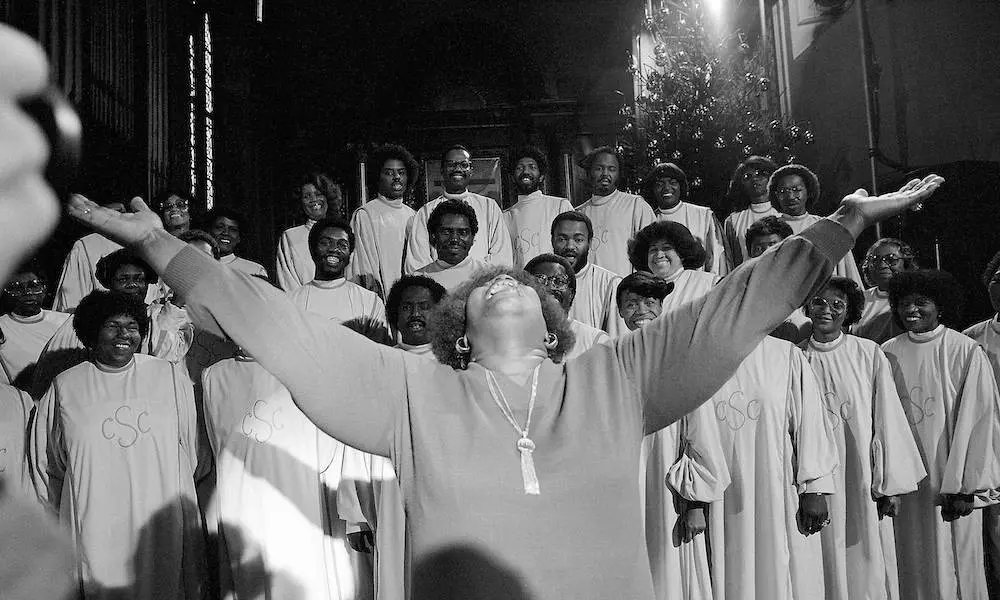
Black gospel music is deeply intertwined with the African-American experience, having evolved into a compelling and influential genre within the broader spectrum of gospel music. This article analyzes the development of black gospel music, tracing its journey from its roots to its contemporary expressions. It explores the genre’s evolution while emphasizing its enduring cultural and spiritual significance.
Origins and Early Development

The genesis of black gospel music can be traced to the fusion of African musical traditions, spirituals, and hymns that took place during the era of slavery in the United States. The call-and-response patterns, rhythmic intensity, and emotional expressiveness inherent in black gospel find their origins in the spirituals sung by enslaved Africans. The formalization of gospel choirs within African-American churches during the late 19th and early 20th centuries served to consolidate and strengthen the foundational elements of the genre.
Golden Age of Gospel

The mid-20th century was like the cool party for black gospel music – the golden age, if you will! Imagine Mahalia Jackson, Sister Rosetta Tharpe, and Thomas A. Dorsey as the party planners, setting the stage on fire. These amazing artists didn’t just attend the party; they were the architects of its vibe.
Now, let’s talk about Thomas A. Dorsey – the rockstar “Father of Gospel Music.” This guy wasn’t just content with the traditional gospel tunes; he decided to throw in some blues and jazz flavors. Picture this: he’s in the kitchen, mixing up a musical cocktail of gospel, blues, and jazz. And out comes a more contemporary, more accessible form of gospel that had everyone at the party grooving and singing along. Dorsey didn’t just play music; he reshaped the whole dance floor, making gospel music more popular than ever before.
Transition to Contemporary Gospel
Along with the profound cultural transformations of the latter half of the 20th century, gospel music underwent a dynamic evolution. The seismic impacts of the civil rights movement, the urbanization wave, and the cross-pollination of various musical genres collectively birthed what we now recognize as contemporary gospel.
Pioneering this evolution were musical virtuosos such as Andraé Crouch, Walter Hawkins, and The Winans. These artists were not content with merely following tradition; they embarked on a musical odyssey that resulted in a more refined and commercially resonant gospel sound. Picture it as gospel donning a tailored suit – sophisticated and ready for the big stage.
What set these maestros apart was their bold infusion of R&B, funk, and soul elements into the gospel landscape. It wasn’t just a harmonious blend of genres; it was a musical alchemy that gave gospel a fresh, contemporary edge. Through this innovative fusion, gospel not only retained its spiritual roots but also acquired a broader appeal, reaching audiences beyond the traditional boundaries and marking an exciting chapter in the genre’s evolution.
Contemporary Gospel Landscape:
Present-day gospel music mirrors a rich and diverse tapestry, seamlessly weaving together a spectrum of musical styles. Visionary contemporary gospel artists like Kirk Franklin, Tasha Cobbs Leonard, and Tamela Mann stand out for their adept fusion of traditional gospel roots with the vibrant threads of hip-hop, R&B, and pop influences.
In this musical metamorphosis, gospel has not only embraced its own evolution but also drawn inspiration from the rhythmic beats and melodic nuances of diverse genres. The alchemy of traditional and contemporary elements, coupled with a modern approach to production techniques, has propelled gospel music into the mainstream spotlight.
These artists are not just breaking boundaries; they are redefining the gospel genre itself, incorporating elements that resonate with a broader audience. The infusion of hip-hop grooves, R&B soulfulness, and pop sensibilities has expanded the reach of gospel music, ensuring its relevance in the ever-changing musical landscape.
Yet, amid this dynamic transformation, the spiritual essence of gospel remains steadfast, anchoring the genre and ensuring its timeless significance.



